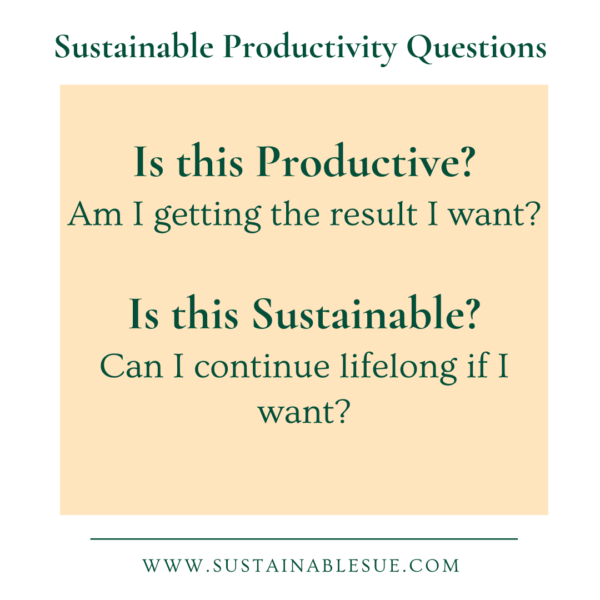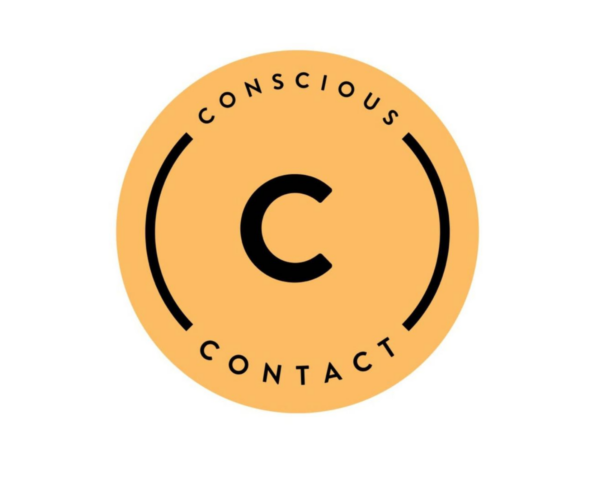Recently my cohost and I unpacked Extremism on the Conscious Contact podcast. Extremism is the idea of choosing a side and believing the other side is garbage. It is black and white thinking that often dismisses the whole other argument, not even considering there could be a thread of value.
This was not a super comfortable discussion for me, and I was not looking forward to it as the day of recording approached.
For decades my MO was to skim along the surface of a discussion long enough to be socially acceptable, then bolt. Ironically those are also the decades where I had no opinions of my own. In all of my relationships (as a daughter, employee, partner, friend) I liked what you liked. I believed what you believed.
Spoiler Alert: This is not the sign of a functional relationship.
“When we avoid difficult conversations, we trade short-term discomfort for long-term dysfunction.” Peter Bromberg
Difficult conversations and disagreements are a natural part of healthy relationships. And healthy relationships are a component of the Mental Well-being dimension of Sustainable Productivity. When we return to our basic definition of Sustainable Productivity, this tracks. Take for example, 20 to 40 year old Sue and her go along to get along attitude.
Is it Productive: Are you getting the result you want?
Is it Sustainable: Can you continue lifelong if you want?

Along the surface, sure – being agreeable was getting people to like me. But they were really just liking the Sue that agreed with them – not necessarily the real me. Taking it a step further, today I believe that not knowing the real me is also not sustainable.
That is how this whole writing and podcasting thing was born. I started making small adjustments to live a life I did not need to escape. One of those is having hard conversations with people who I trust and feel safe with.
Here are a few things that help me have these difficult conversations. Maybe they will help you too.
1 – Acknowledge out loud the conversation is hard for you. Verbalizing that the words are stuck in my throat helps the other person understand what the pauses mean and why my words are coming slowly.
2 – Breathe. Often my first thought is wrong. Breathing gives me a chance to respond using my second (or third) thought instead of reacting. Breathing also loosens the words stuck in my throat. Bonus if I am in a setting where I don’t feel ok to cry. Breathing will even out my voice to avoid the crack that always comes when I am emotional.
3 – Set a time limit. If you don’t think ahead to set a certain amount of time to talk and you find yourself needing a break, voice that. I have said, “I need to take a break here. I want to hear more of what you have to say, can we come back together at 5pm to talk about this again?”
Now it is your turn. Take a few minutes to answer the following questions – either in your journal, in your mind on your daily dog walk, email me at Susan@SustainableSue.com or on social media. The more we talk about the hard things, the less extreme they will feel.
Sustainable Productivity Questions
1 – Are there topics in your life where you trend toward Extremism?
2 – After listening to the podcast (Season 2, Episode 13), is there one small adjustment you can take to your relationships to make them more work for you in a way you can continue?

Leave A Comment